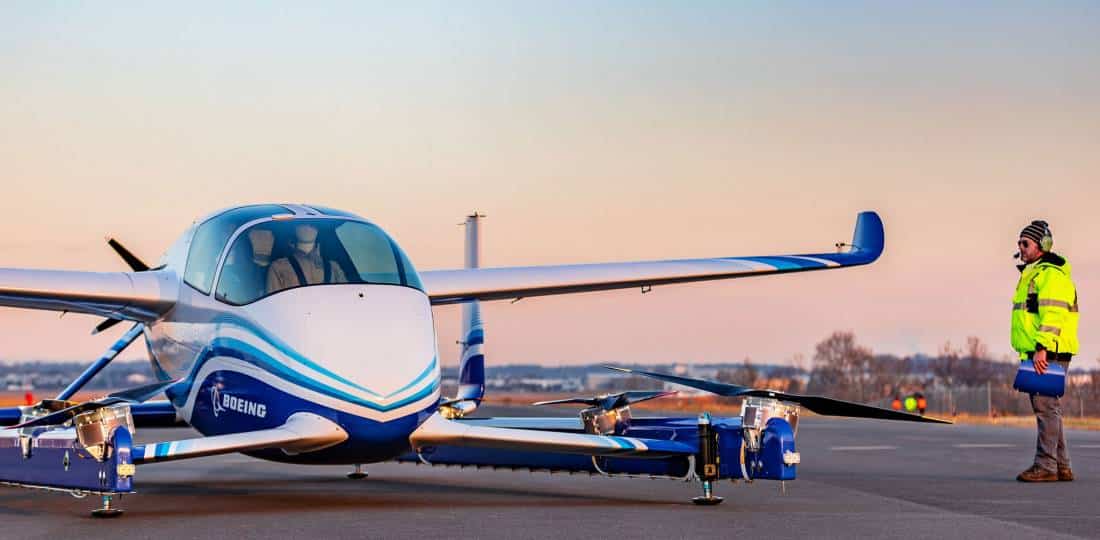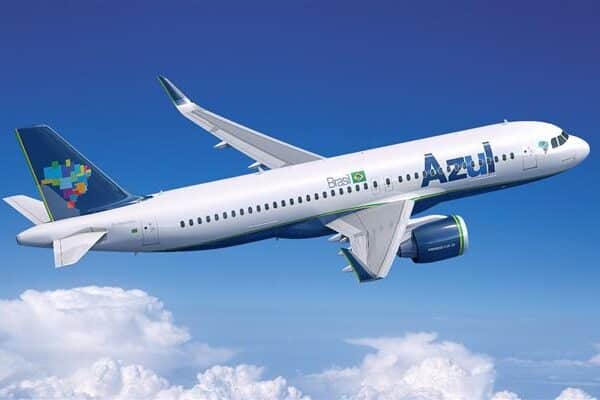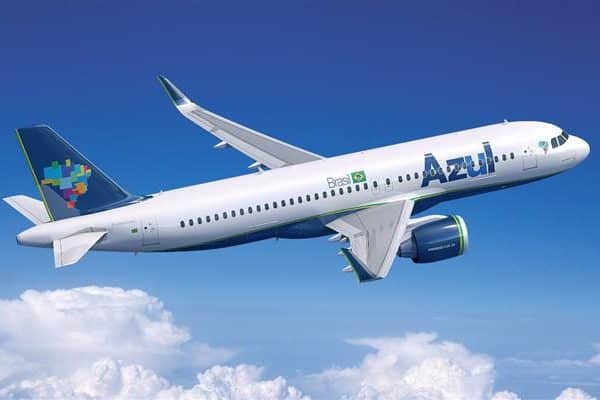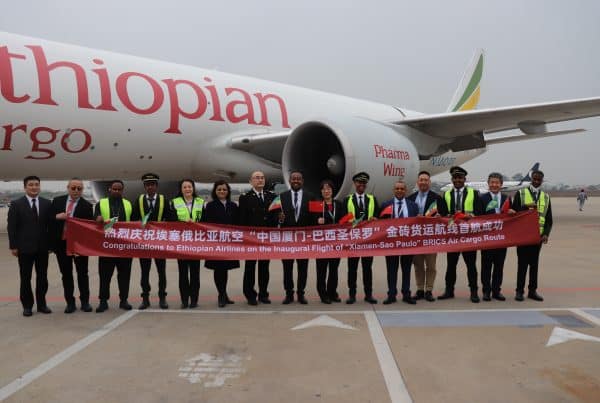It was reported on 23 January, that a Boeing autonomous air taxi successfully completed its first test flights, this success open the gates for other autonomous flights, and marking another milestone of the OEM’s efforts to take a leading position in the development of autonomous transportation and urban mobility.The PAV complements Boeing’s autonomous all-electric cargo air vehicle, or CAV, which is designed to transport up to 500 pounds i.e.227 kg weight within a radius of up to 20 miles. The CAV prototype completed its first indoor flight test in January last year and will transition to outdoor flight testing this year.These flights are fully decked by an electric propulsion system, the PAV prototype is designed for a fully autonomous flight from takeoff to landing, with a range of up to 50 miles
i.e. 80 km. Measuring 30 feet i.e. 9.14 meters long and 28 feet wide, The flight airframes are integrated with the propulsion and wing systems to achieve efficient hover and forward flight.The air-taxi concept demonstrator completed a controlled takeoff, hover, and landing during the flight, which tested the vehicle’s autonomous functions and ground control systems. The flight started in Manassas, Virginia on Tuesday, Boeing company stated that the future flights will be testing forward, wing-borne flight,as well as the transition phase between vertical and forward-flight modes. This transition phase is typically the most significant engineering challenge for any high-speed vertical takeoff and landing aircraft.
Boeing chief technology officer Greg Hyslop said “In one year, we have progressed from conceptual design to a flying prototype, he also added “Boeing’s expertise and innovation has been critical in developing aviation as the world’s safest and most efficient form of transportation, and we will continue to lead with a safe, innovative, and responsible approach to new mobility solutions.”Boeing acquired a Virginia-based company in October 2017 to enlisted Aurora Flight Sciences to design
and develop the electric VTOL aircraft. It now resides under Boeing NeXt, which Boeing launched at the Farnborough air show last year to consolidate its research and development efforts in autonomous flight and advanced propulsion.




